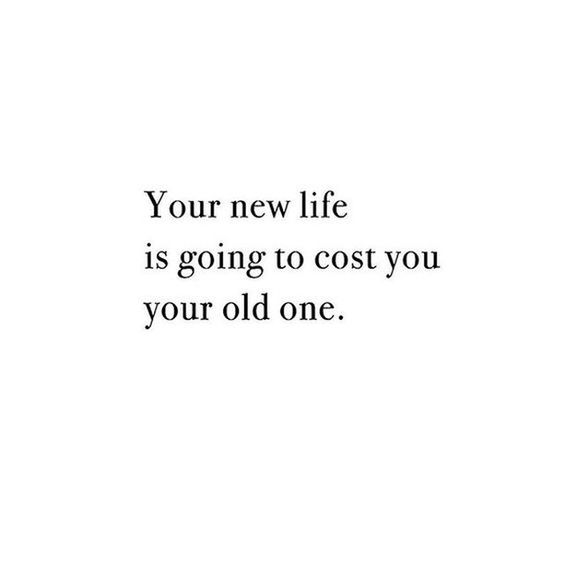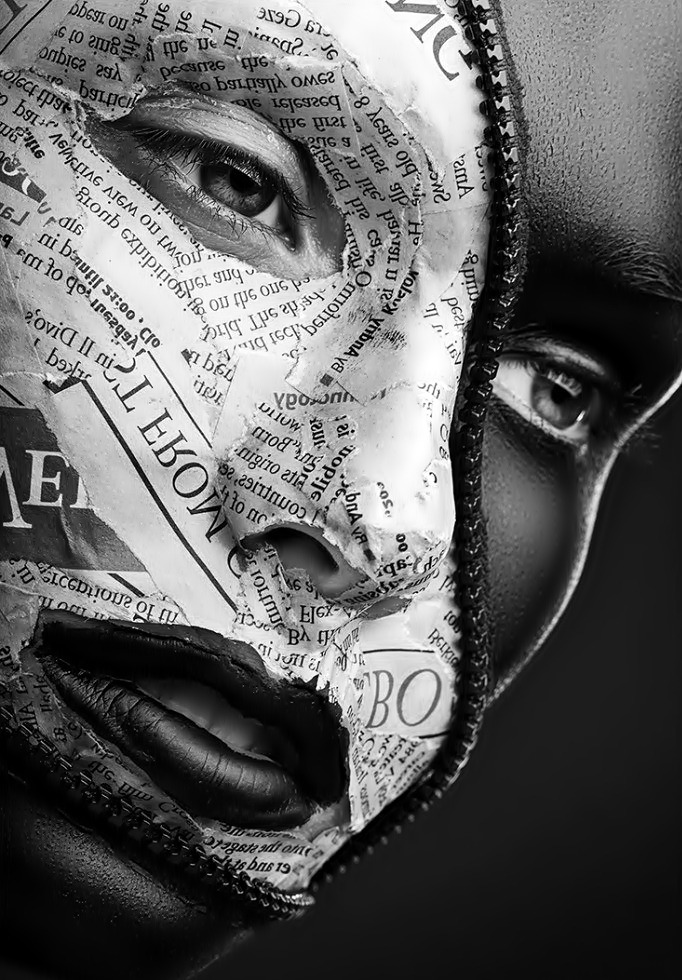Today, we talk about Identity Crisis; The origin of the word, the psychosocial conflict, the misconceptions around it and what it means.
What is an Identity Crisis?
Have you ever been too unsure about your purpose and why you exist, here on this plant? Were you ever confused about the direction you were heading? If I ask you now, what are you in this world, what is it that makes you who you are; will you be able to respond? We all have a belief system, a nationality, a gender, an ethnic background, and a career, but if we shred down all these social constructs, would you be able to unravel your true self?
You took a while to think about that, didn’t you?
Questioning who we are is a totally normal process that we’ve all gone through at one point in our lives, however, once it affects daily functions; that’s when professionals classify it as an identity crisis. It’s the crux of life. To define it, an identity crisis is a “personal psychosocial conflict – that involves confusion about one’s social role and often a sense of loss of continuity to one’s personality,” according to the Merriam Webster dictionary.
Questioning…
If you’re experiencing an identity crisis you’re most likely to do be doing some of the following:
“Questioning who you are including your relationships, career, age, gender, sexuality, etc.”
“Questioning your beliefs, values, and interests that affect how you perceive yourself”
Some other signs are that…
“You experienced a big change in your life which affected your sense of self”
“You feel empty with no passion or reason for living and you try to search for one”
But why does this happen, what’s with all this uncertainty?
This mental health issue may arise due to several stressors which may include health issues, moving from one place to another, going through a traumatic incident, or losing something or someone valuable. These certainly can have a great impact on your sense of self, causing a decline in your mental health state.
It’s Origin
The term ‘identity crisis’ was coined by the developmental psychologist and psychoanalyst, Erik Erikson. He believed that one’s personality is developed through stages each building on the previous one for growth. The fifth stage of development is identity versus confusion, where a person can experience an identity crisis. He also believed it to be the most important conflict one can face in development this arguing that forming an identity in adolescence is essential in a person’s life.
“According to Erikson, an identity crisis is a time of intensive analysis and exploration of different ways of looking at oneself,” VeryWell Mind.

His work amongst the Yurok of Northern California and the Sioux of South Dakota, as well as his personal feeling of being an outsider, have shaped his understanding of identity formation and identity crisis.
This is how Erikson described Identity and Identity Crisis:
“It is characteristic of a developmental period, before which it cannot come to a head, because the somatic, cognitive, and social preconditions are only then given; and beyond which it must not be unduly delayed, because the next and all future developments depend on it. This stage of life is, of course, adolescence and youth. The advent and solution of the identity crisis thus partially depends on psychobiological factors, which secure the somatic basis for a coherent sense of vital selfhood. On the other hand, psychosocial factors can prolong the crisis (painfully, but not necessarily unduly) where a person’s idiosyncratic gifts demand a prolonged search for a corresponding ideological and occupational setting, or where historical change forces a postponement of adult commitment.” (Erikson, 1970)
Managing an Identity Crisis

The first thing to do in any crisis is to ideally figure out the problem and then try to solve it. It would be very helpful if you ask yourself what are the things that interest you now and, what do you dislike the most? What do you stand for? Or what’s something you really know how to do and are very good at? Looking a little deeper inside yourself will help you explore who you are and what you like to do and in doing so – that will also help you discover yourself.
If you feel empty, try looking for activities that would take up your time and at the same time give you a sense of fulfillment. Activities as such may include socializing and connecting with other people, volunteering for a cause, a new job or even a hobby.
It all comes down to the goals you wish to achieve. If you’re unsure about the goals you want to attain then these activities may provide you with a sense of direction.
Either way, don’t worry – you’ll eventually know where you wanna be after experiencing many events throughout your journey in life. The most important thing, in the process, is to make sure to keep searching for your happiness in everything you land upon!
Furthermore, the most important coping mechanism in case of an identity crisis is SUPPORT.
Find it in friends, family members, your communication, support groups or therapy for sure you’ll find support there. Support has a big role in answering questions about identity, we get validation from people all the time and sometimes that’s what keeps us going.
Last Words in Summary
I know how it can be very hard to have to explain who you are when you’re still trying to figure it out. However, let me tell you this, not knowing what you are in this world is not necessarily a bad thing.
According to SanDiego TEDx talker Cedrice Webber, “Embracing the identity struggle leads to more authenticity”. Cedrice found her identity in music, it was what she found herself in amongst her different ethnicities that people defined her by.
Webber says in her talk, “By embracing the identity struggle we can find more of our own selves, we can create a future without having all the right answers, we can unplug from the noise the social construct and start to hear the numb of our own truth, we can keep growing, keep embracing your identity struggle and keep showing up in the messy parts of authenticity.”
“Hearing the description of someone else’s identity struggle helped me gain clarity on my own”, adds Webber.
In an identity crisis, there is power in finding out who we truly are.
Get your writing featured on Empower Mag here!
Join the conversation on our Facebook Group: “The Empower Community”










Comments are closed.